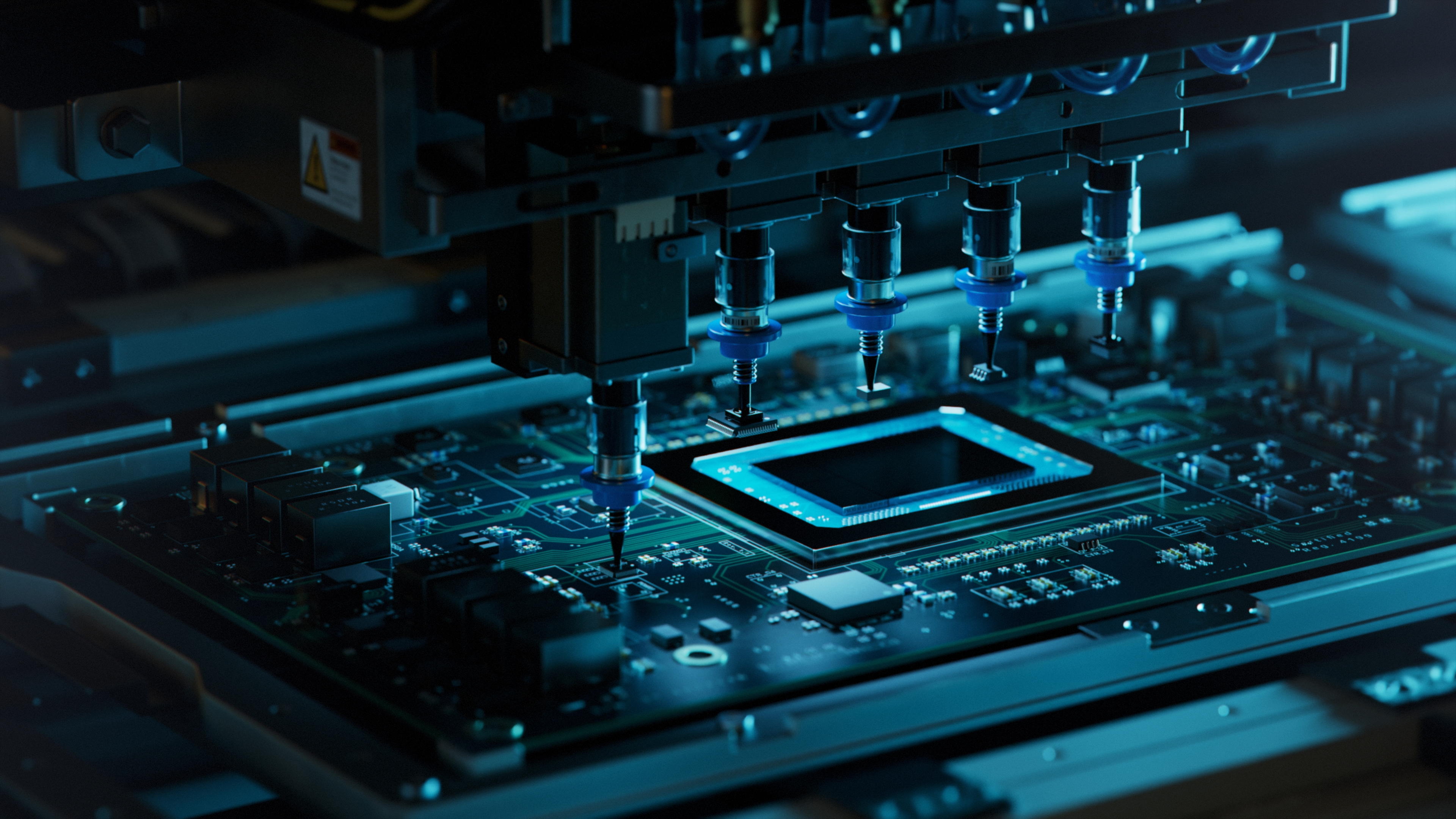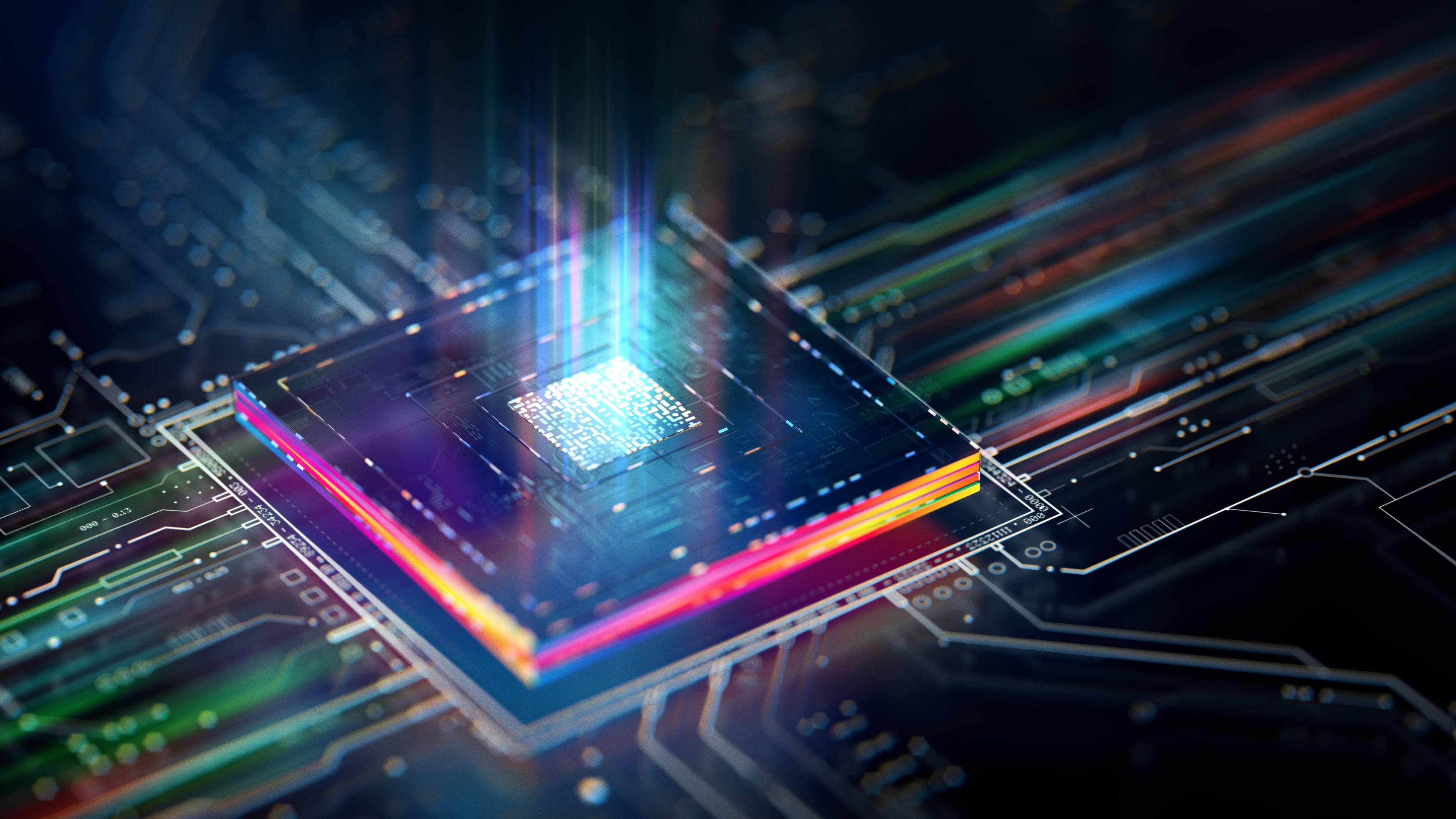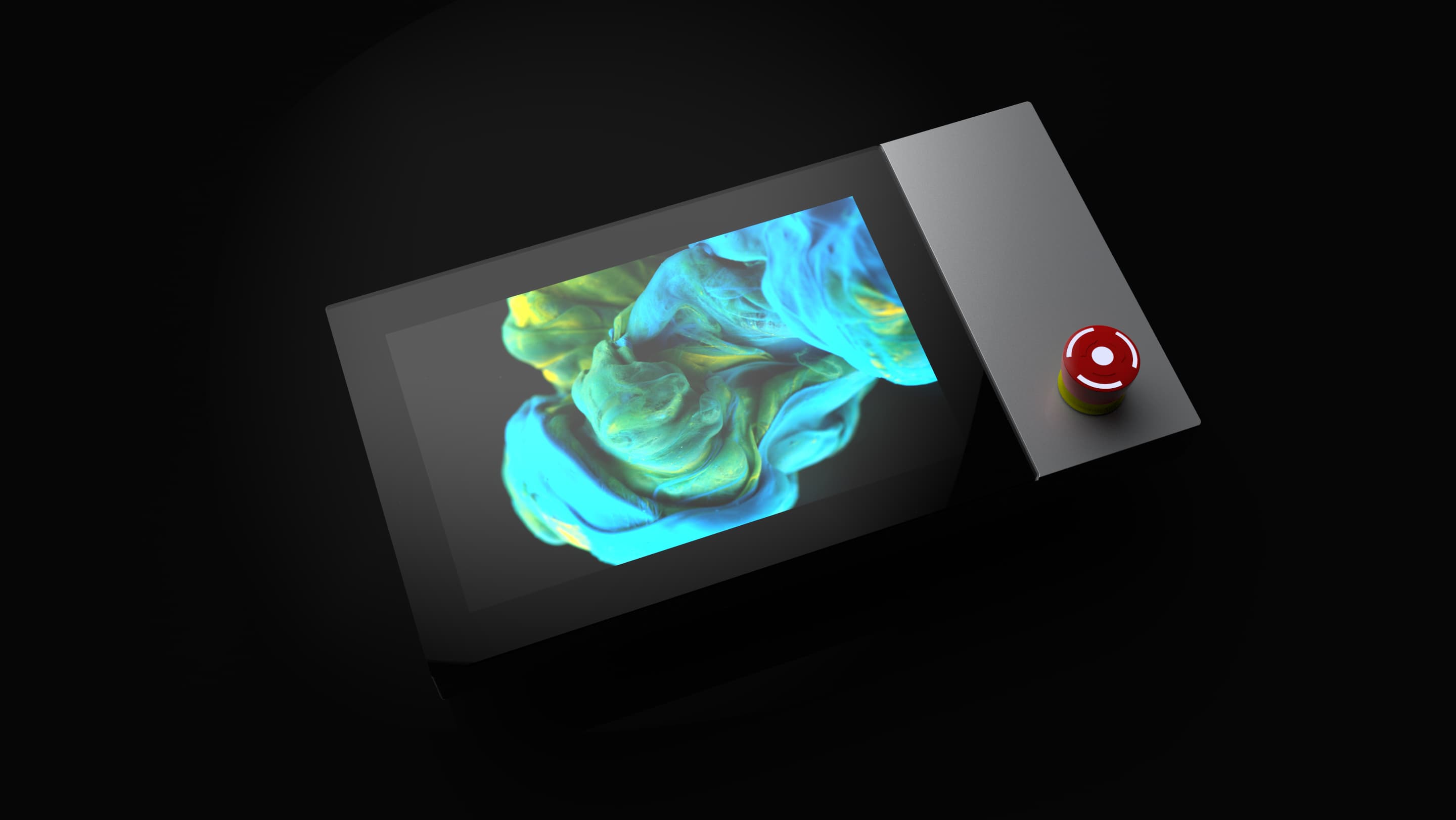
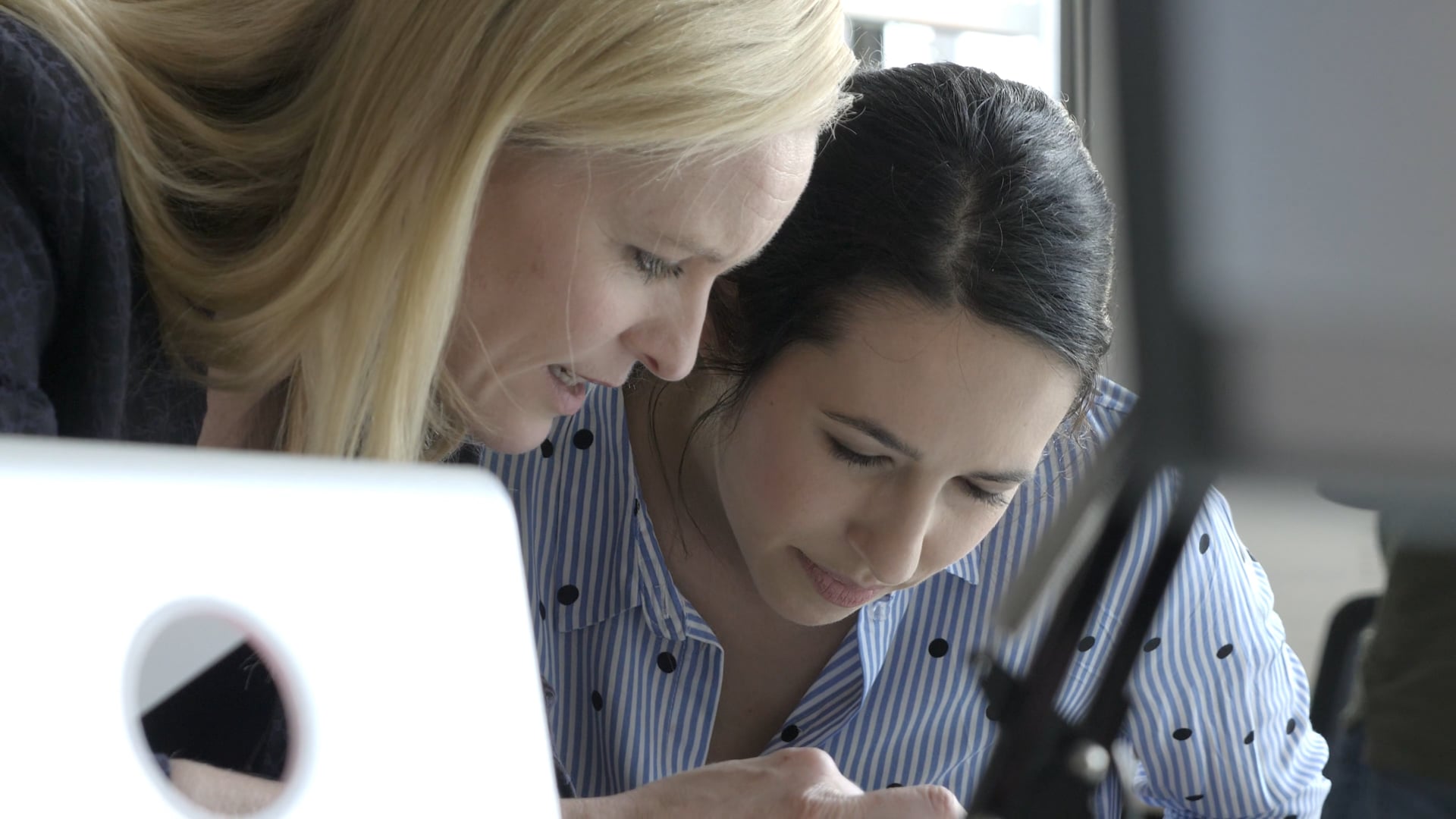
Development
In today’s fast-paced market, the life cycle of products is shrinking rapidly. What was once a three-year product life cycle has now diminished to mere 12 months in some industries. This acceleration means that development teams must not only be quick but also exceptionally adaptive to bring new products to market swiftly. Market needs and technological advancements are in constant flux, creating an environment where agility is no longer just an advantage—it’s a necessity. This relentless pace demands that teams anticipate changes and pivot seamlessly to maintain a competitive edge.
In an ever-expanding global marketplace, where new competitors continually emerge, the brand image of a product is becoming a critical factor in purchase decisions. This trend is equally relevant in both industrial and consumer markets. By implementing a consistent product design strategy, companies can achieve high recognition for their products and brands, significantly influencing consumer choices. Therefore, incorporating product design into a company’s corporate identity and marketing toolkit is essential for staying competitive and appealing to discerning customers in today’s advanced business environment.


Embedded HMI software development with Interelectronix. Our expertise in QT C++ enables us to create intuitive, visually appealing, and efficient interfaces that revolutionize product usability. Dive into the power of QT for cross-platform development, the benefits of C++ for performance optimization, and how integrating these technologies offers superior HMI solutions. Whether it's leveraging QT's advanced features or ensuring interface reliability, our blog post covers all facets of creating next-generation HMIs.
Agile Development
Technology is a powerful enabler of agile development. Advanced tools and platforms can streamline workflows, enhance collaboration, and provide valuable insights into market trends and consumer behavior. Leveraging these technologies allows development teams to work more efficiently and make informed decisions quickly. By integrating cutting-edge technology into their processes, companies can enhance their agility and responsiveness, ensuring they are well-equipped to meet the demands of an accelerated product life cycle. This technological support is crucial for maintaining a high level of productivity and innovation in today’s fast-paced market.
Resilient Teams
Continuous learning is essential for building resilient development teams. In a landscape where technologies and market conditions are constantly evolving, staying updated with the latest knowledge and skills is critical. Encouraging a culture of continuous learning helps teams stay ahead of the curve, ready to tackle new challenges with confidence. This commitment to ongoing education not only enhances individual capabilities but also strengthens the overall team, fostering a collective resilience that is invaluable in a rapidly changing environment.

Learn more about the comprehensive HMI system development process with Interelectronix, where technical expertise meets innovative design. Our multidisciplinary team ensures functionality, design excellence, and user satisfaction, delivering high-quality, cost-effective HMI solutions tailored to unique environmental conditions and user needs. Discover our holistic approach to creating technologically advanced, user-friendly, and aesthetically appealing HMI systems.
Innovating Effectively
Innovation is at the heart of staying competitive in today’s market. However, effective innovation requires more than just good ideas; it demands a strategic approach to development. Teams must integrate flexibility and creativity into their processes to continually refine and improve their products. By fostering a culture of innovation, companies can ensure their development teams are always looking for ways to enhance their products, streamline their processes, and stay ahead of the competition. This proactive stance is critical for maintaining a competitive edge in a rapidly evolving market.
Adaptability
Creating an environment that encourages adaptability and imaginative problem-solving is crucial for modern product development success. This involves more than just hiring creative individuals; it requires cultivating a culture where new ideas are welcomed and experimentation is encouraged. Management plays a vital role in setting the tone for this environment, providing the resources and support needed for teams to explore innovative solutions. By prioritizing adaptability and creativity, companies can build resilient teams capable of navigating the complexities of today’s development landscape and driving continuous improvement.
Balancing Development Speed
Balancing speed and quality is a critical challenge in product development. While the accelerated product life cycle demands rapid delivery, maintaining high-quality standards is equally important. Achieving this balance requires a strategic approach that prioritizes efficiency without compromising on quality. Implementing robust testing and quality assurance processes, fostering a culture of excellence, and leveraging technology to streamline workflows are essential strategies for ensuring that products are delivered quickly and meet the highest standards of quality. This balance is crucial for maintaining customer satisfaction and long-term success.
Embracing Change
Embracing change as a constant is a mindset that modern development teams must adopt. In an environment where market conditions, technologies, and consumer preferences are continually shifting, resistance to change can hinder progress and innovation. Encouraging a culture that views change as an opportunity rather than a threat helps teams stay agile and proactive. This mindset fosters resilience and adaptability, enabling teams to navigate uncertainties and capitalize on new opportunities. By embracing change, development teams can stay ahead of the curve and drive continuous improvement.
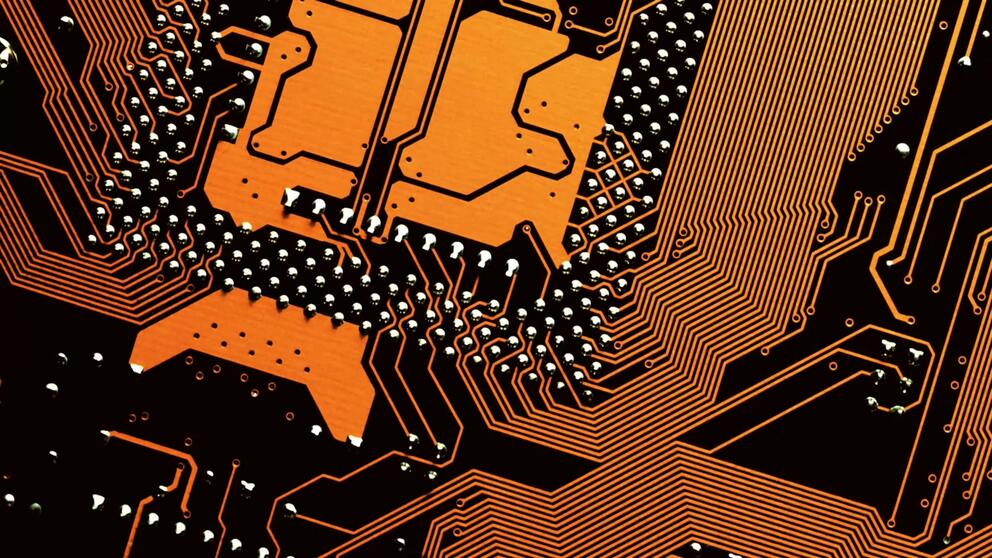
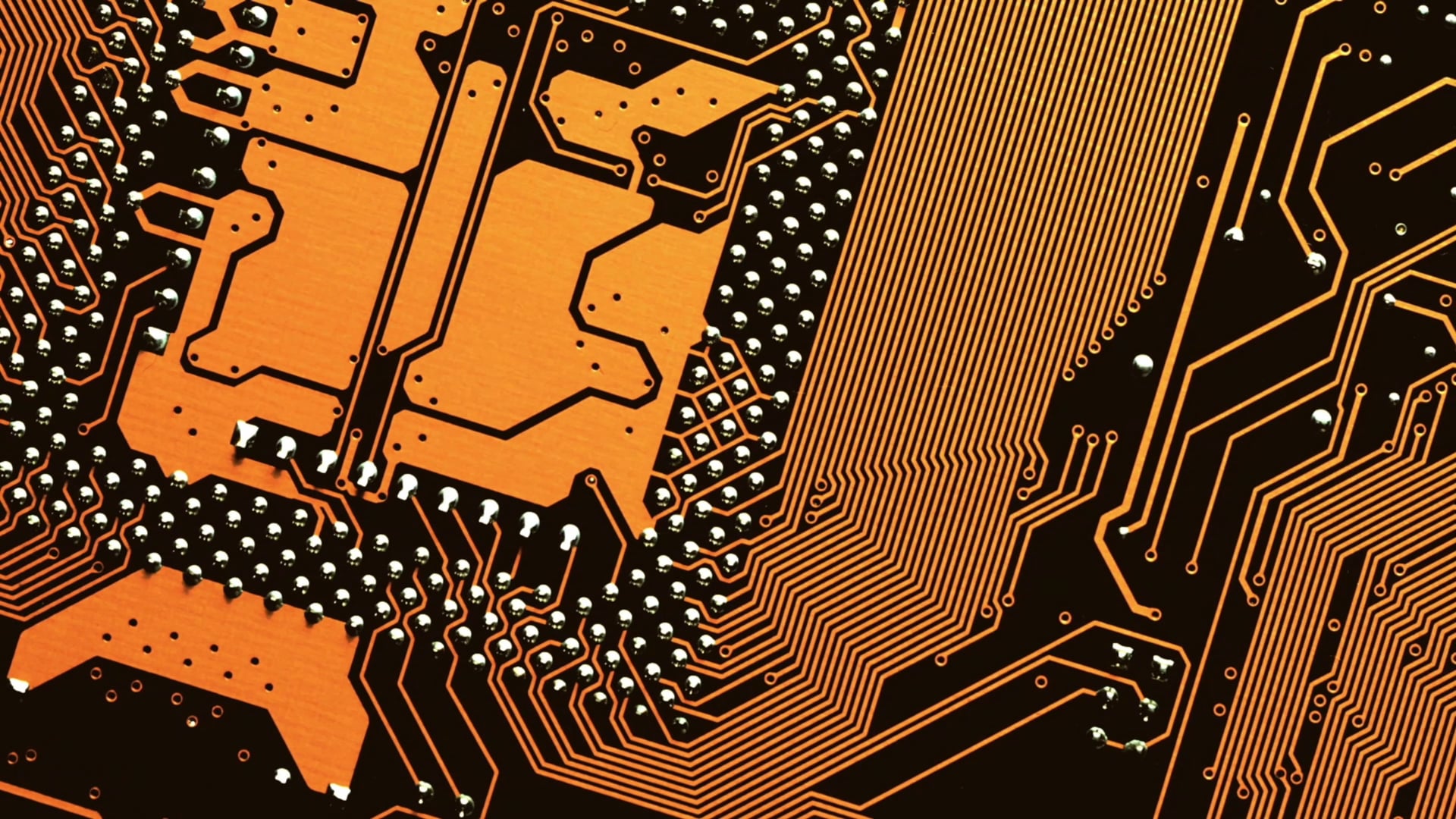
Collaboration
Effective collaboration is the cornerstone of successful product development. In an accelerated product life cycle, seamless communication and teamwork are more important than ever. Collaborative efforts ensure that all team members are aligned, working towards the same goals, and able to share ideas and feedback openly. This synergy enhances problem-solving capabilities and drives innovation, enabling teams to deliver high-quality products more efficiently. Fostering a collaborative culture is essential for maximizing the potential of development teams and achieving sustained success in a competitive market.
User-Centric Design
User-centric design is a fundamental aspect of modern product development. Understanding and anticipating user needs and preferences is crucial for creating products that resonate with the market. By prioritizing user feedback and involving users in the development process, teams can ensure their products meet real-world needs and expectations. This approach not only enhances customer satisfaction but also reduces the risk of costly redesigns and iterations. A focus on user-centric design helps development teams create products that are both innovative and highly relevant to their target audience.
Agile Methodologies
Agile methodologies provide a structured yet flexible framework for managing product development. These methodologies emphasize iterative progress, continuous feedback, and adaptive planning, making them well-suited for today’s fast-paced environment. By adopting agile practices, development teams can respond more effectively to changes, deliver incremental improvements, and maintain a high level of productivity. Agile methodologies support a culture of continuous improvement and innovation, enabling teams to stay responsive and competitive in a rapidly evolving market.
Discover the ultimate partner in electronics development with Interelectronix, where decades of expertise meet tailored, high-performance solutions. Our multidisciplinary approach ensures your vision transforms into reality with custom baseboards, seamless hardware and software integration, and efficient microcontroller solutions. Let us future-proof your projects with our methodical development, detailed documentation, and committed maintenance. Partner with us for electronics that exceed expectations.
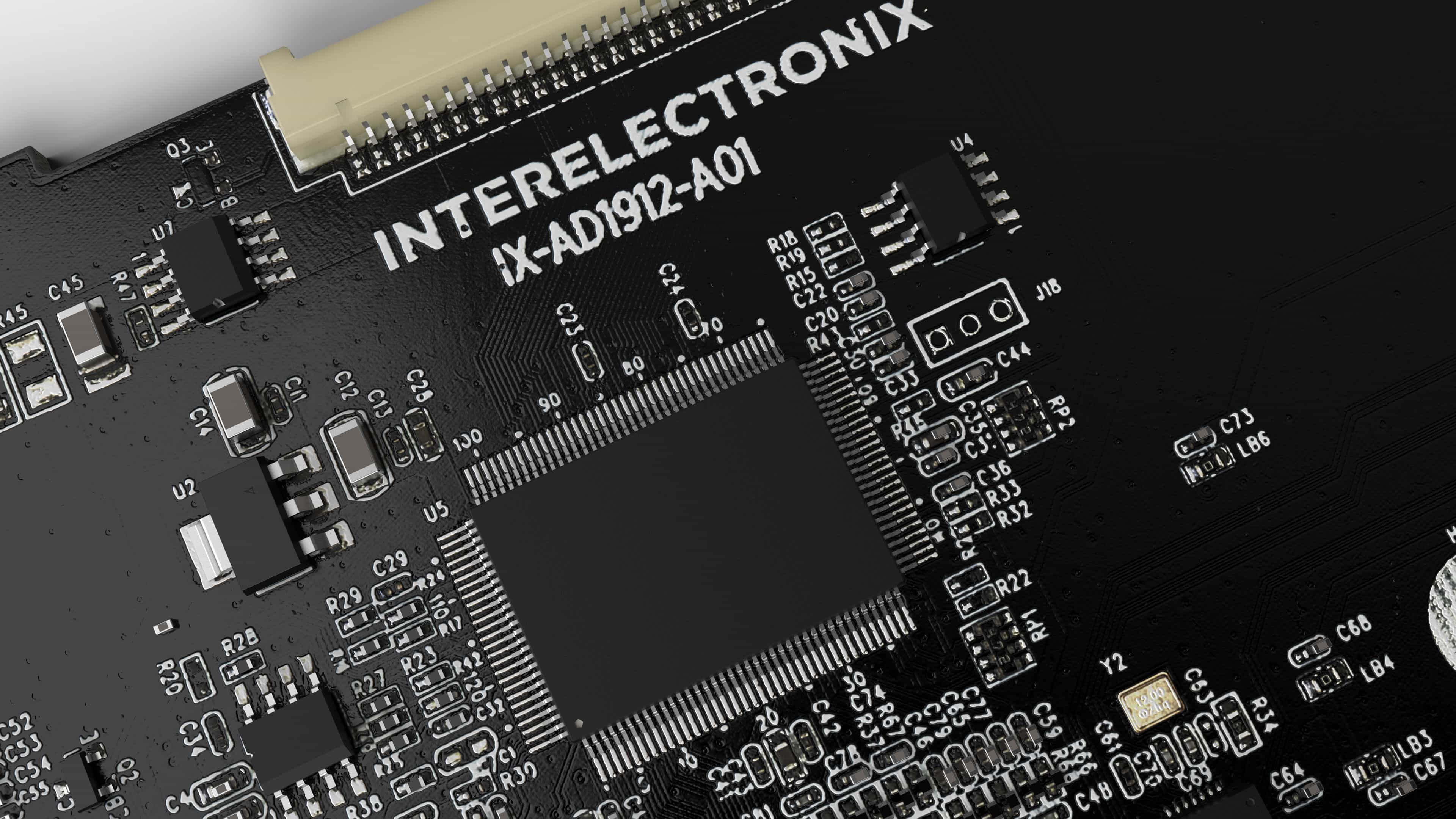
Efficient PLM
As a product owner, you face an unrelenting cycle of innovation and obsolescence, a race against time where agility and foresight are paramount. At Interelectronix, we deeply understand these pressures and the need for constant adaptation. With our extensive experience in this ever-changing landscape, we’re here to guide you through the complexities of modern product development, ensuring you not only keep up but lead the way. In this blog post, we’ll delve into the intricacies of today’s product life cycles and how fostering adaptability and creativity can position your team for sustained success.
Every Project ist different
Every product development project is a journey filled with its own distinct challenges. No two projects are identical, and each brings a unique set of requirements, obstacles, and opportunities. These variances require development teams to be highly flexible, able to tailor their approaches to meet the specific needs of each project. This flexibility is crucial for navigating the diverse hurdles encountered during development, from unexpected technical issues to shifting market demands. Embracing this uniqueness allows teams to craft innovative solutions that set their products apart in the marketplace.
Flexibility and Creativity
Flexibility and creativity are not just desirable traits but essential qualities for contemporary development teams. In an environment where change is the only constant, the ability to think outside the box and adapt on the fly can make the difference between success and failure. Creative problem-solving enables teams to overcome unforeseen challenges, while flexibility ensures they can pivot and adjust their strategies as needed. These qualities foster an environment where innovation thrives, allowing teams to develop products that not only meet current market demands but also anticipate future trends.
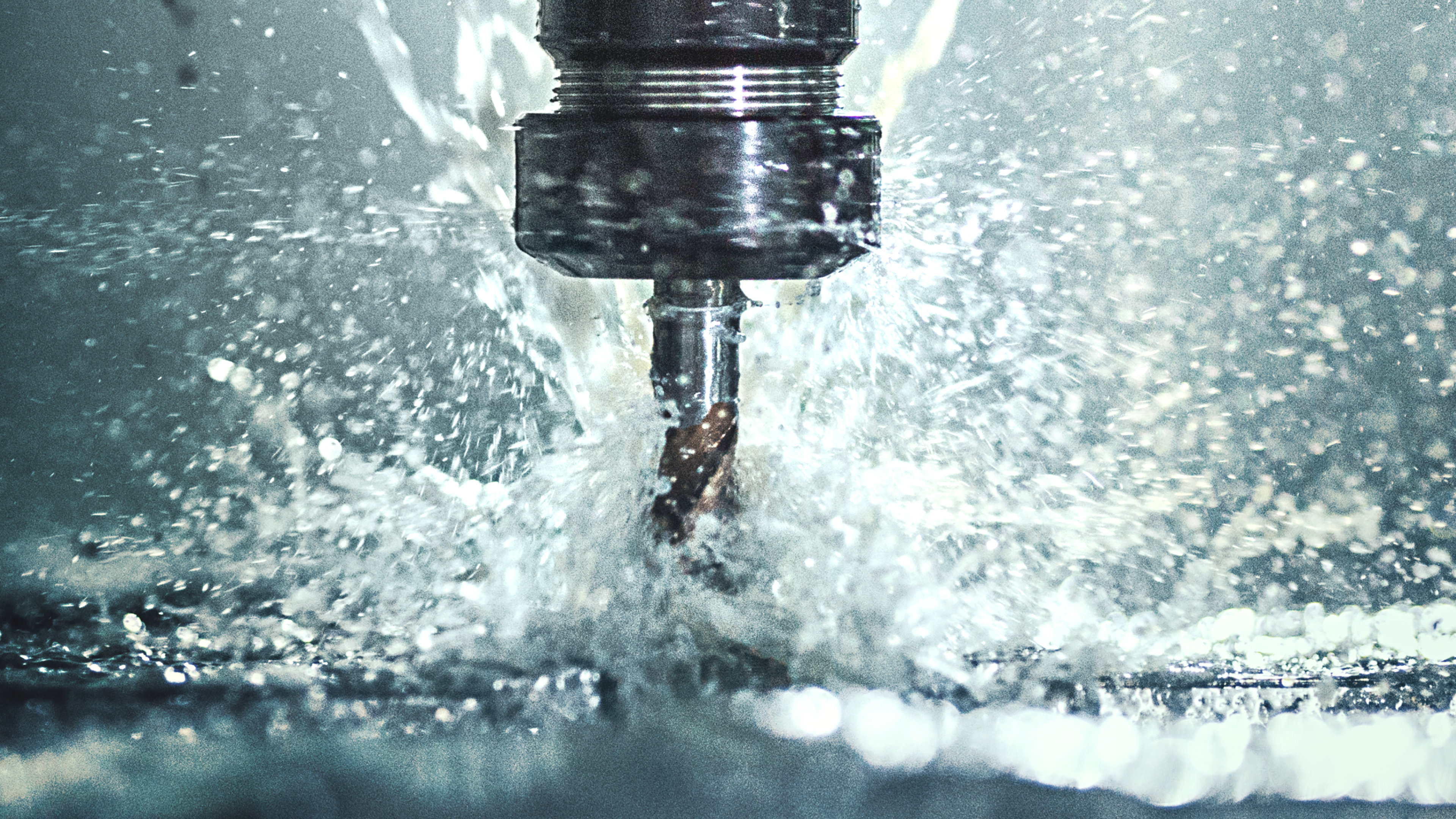
Discover the art of designing efficient mechanical components with Interelectronix. Our expert team combines functionality, aesthetics, and manufacturability to create solutions that exceed expectations. From understanding mechanical requirements to leveraging innovative manufacturing techniques, we excel in producing cost-effective, high-quality parts. Embrace sustainability and advanced design with us.

In today's fast-paced technology landscape, creating bespoke touch solutions that precisely meet your product requirements is more critical than ever. As someone deeply embedded in the industry, you understand that each project demands unique, meticulously crafted touch systems that can differentiate your product in a competitive market. At Interelectronix, we bring our extensive expertise to the forefront, ensuring that your touch solutions not only meet but exceed expectations through our dedicated prototype construction process.
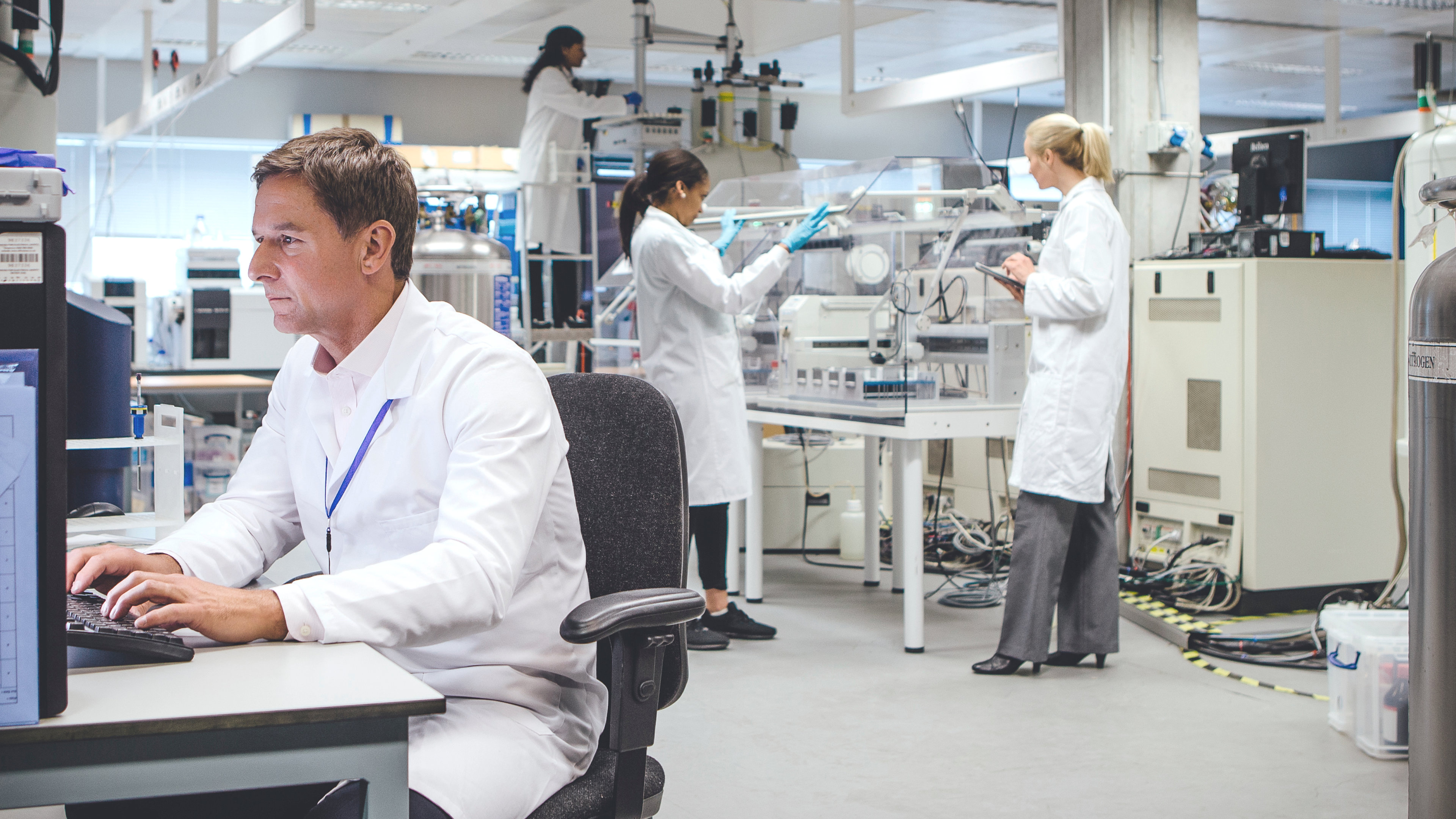
Environmental conditions have a major influence on the functionality, reliability and service life of HMI systems. Depending on the location, HMI devices are exposed to considerable chemical or mechanical stresses as well as massive temperature fluctuations.
Extreme weather conditions, moisture, dust, impacts as well as strong shocks or vibrations even occur simultaneously in many applications, but must not have any influence on functionality or reliability.
